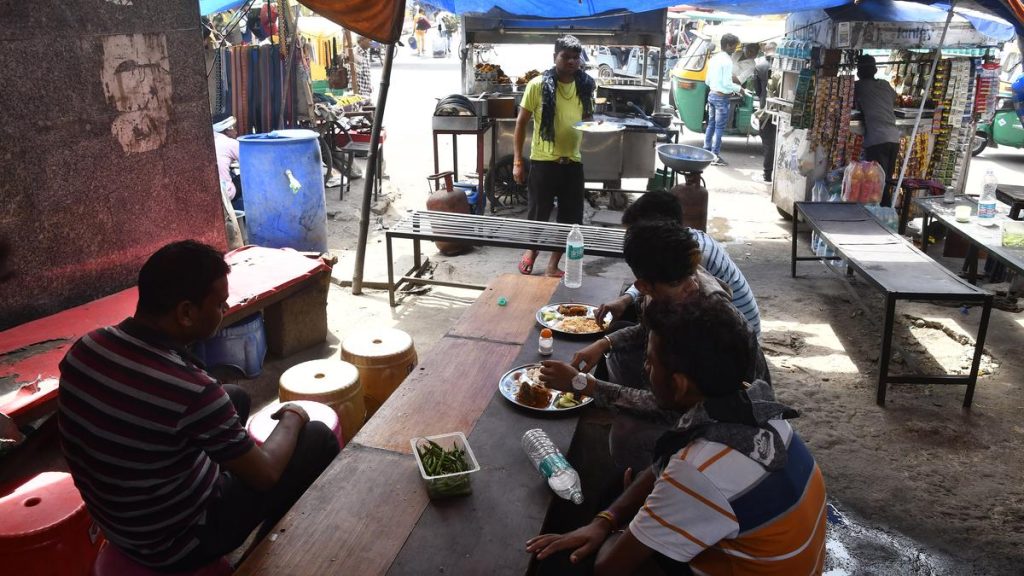Now Reading: Survey Highlights Flaws in Community Biodegradable Waste Management Systems
-
01
Survey Highlights Flaws in Community Biodegradable Waste Management Systems
Survey Highlights Flaws in Community Biodegradable Waste Management Systems

Fast Summary
- A field-level survey by the Department of Local Self-Government reveals that only 57% of community-level composting plants in the State are currently operational.
- Key challenges for non-operational systems (43%) include inadequate operation adn maintenance support.
- Of the total 1,062 facilities surveyed:
– 605 community composting units are functional as of June 2025.
– Only 84 out of 188 biogas plants are operational. Other system breakdowns:
– aerobic bin composting (822 installed, 482 operational).
– Windrow composting (28 installed, 24 operational).
– Vermicompost units (18 installed, 10 operational).
– Black soldier fly units and organic waste converters show limited usage but remain fully or partially active.
- Household source-level devices for biodegradable waste management have a higher success rate with 86% operational efficiency, while remaining issues for households center on insufficient inoculum supply.
- Actions taken include:
Empanelment of six agencies to supply inoculum statewide.
Haritha Karma Sena’s involvement in training over 5,027 green technicians to assist households in managing their waste effectively.
indian Opinion Analysis
the survey underscores critical gaps between infrastructure setup and effective utilization within India’s efforts toward sustainable waste management at both community and household levels.While household systems exhibit better functionality due to targeted measures like trained volunteers and inoculum distribution mechanisms,low performance at community levels highlights an urgent need for policy adjustments focused on maintenance funding or technical support.The report’s findings may push local bodies toward long-term planning rather than temporary fixes to address systemic inefficiencies such as workforce shortages or inconsistent resource allocation impacting projects like aerobic compositing models and biogas facilities.Enhanced accountability through monitoring unused facilities could help ensure compliance under national environmental directives like those set forth by institutions such as the national Green Tribunal.
Overall successes-like haritha Karma Sena’s impactful role-offer replicable frameworks for scaling localized programs more broadly across India’s rural-urban ecosystems seeking better biodegradable waste output controls.
Read more: [Link unavailable]
























